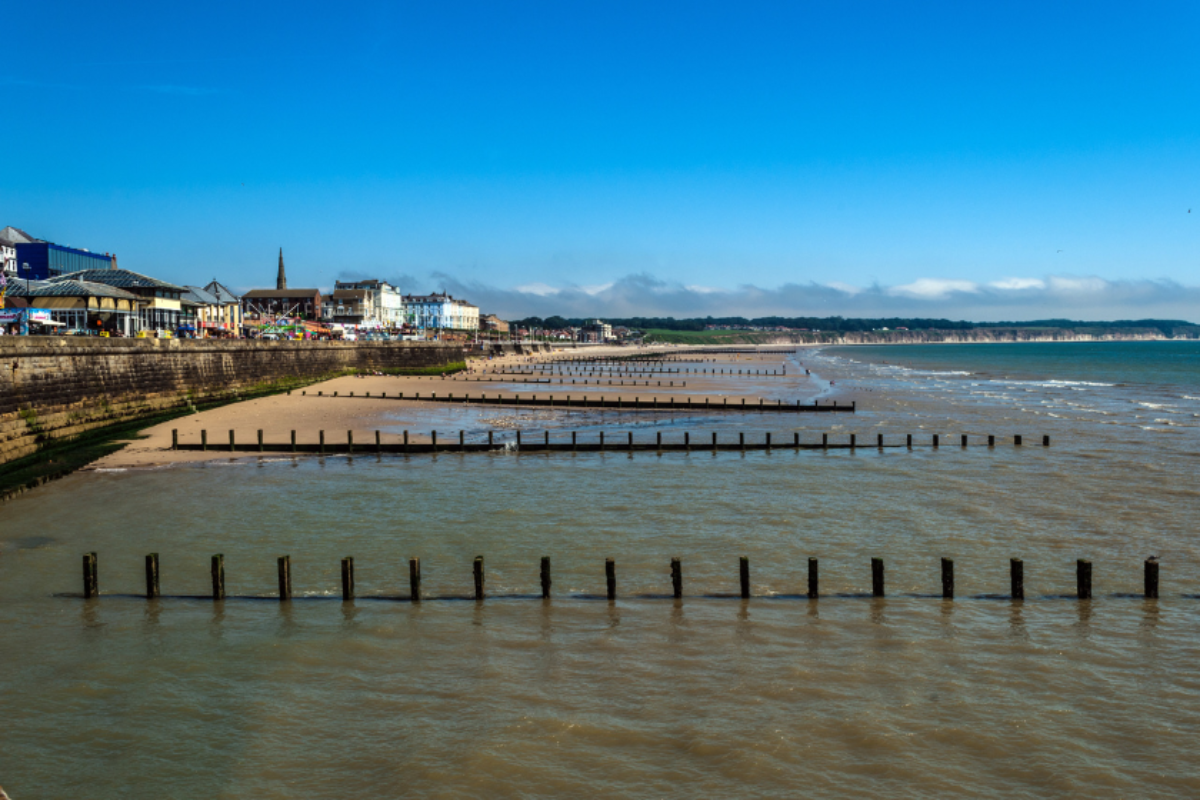
Bridlington Councillor Tim Norman says more needs to be done to tackle the effects of deprivation, highlighting the ongoing issue of deprivation in Bridlington and other East Riding towns.
Bridlington South is ranked 45th out of 32,844 areas in England on the Index of Multiple Deprivation (IMD). This index considers various factors impacting quality of life, including income, health, housing, and education.
Councillor Norman says previous measures to tackle the issues haven't made much difference.
Councillor Norman has acknowledged East Riding Council's past efforts, citing millions of pounds invested in projects such as the Bridlington Town Centre Area Action Plan and initiatives aimed at improving health outcomes and creating place-based growth opportunities.
Despite these efforts, Councillor Norman emphasised that outcomes for many residents in deprived areas have not significantly improved.
He's calling for initiatives to encourage more new businesses to the area as a way of stimulating the local economy.
While deprivation exists in pockets throughout the East Riding, coastal areas, particularly Bridlington and Withernsea, experience higher levels of deprivation than other areas in the region.

This is particularly evident in employment, income, and education.
- Employment: Coastal areas, including Bridlington, have an out-of-work benefits claimant rate of 4.8%, exceeding both the East Riding average of 2.5% and the national average of 4%. Bridlington, Hornsea, and Withernsea are the only East Riding towns where more residents are economically inactive than economically active.
- Income: Coastal areas are in the 30%-40% most deprived areas in England for income deprivation, with 21.5% of households experiencing fuel poverty, significantly higher than the East Riding average.
- Education: Bridlington's coastal areas also rank poorly in education, training, and skills, falling within the 30%-40% most deprived areas in England. Supporting this is the 2021 census data, which shows a significantly lower proportion of residents with above A-level qualifications and a higher proportion with no qualifications compared to the England average.
In addition to these challenges, Bridlington experiences higher crime rates than the East Riding average.
Bridlington's deprivation aligns with national trends for coastal communities. Coastal and rural areas in England face disproportionate economic challenges, weather-related issues, climate change impacts, and poorer access to services, contributing to their higher deprivation levels.
Despite the East Riding's overall economic performance being comparable to similar coastal and rural authorities in England, Bridlington's has a number of specific challenges.
- Seasonal Economy: As a coastal town, Bridlington's economy is heavily reliant on tourism, which is seasonal, leading to fluctuations in employment and income throughout the year.
- Out-migration of Young People: The lack of diverse and well-paid job opportunities leads to young people leaving the town, creating a workforce shortage and hindering economic growth.
- Aging Population: The influx of retirees to coastal areas increases demand on healthcare and social services while simultaneously shrinking the working-age population, impacting economic productivity and investment.
- Poor Transport Connectivity: Limited transport options and longer travel times to access services create higher commuting costs and difficulties in accessing employment, education, and healthcare.
A council report presented to councillors on the Environment and Regeneration Overview and Scrutiny Sub-Committee concluded:
"Going forwards, the council’s approach to driving regeneration will be informed by the complexity of our geography and demographics. The council’s ability to attract funding is often frustrated by its demographics; for example, low population density often acts as a barrier when national funding formulae are applied, such as in the case of Withernsea.
Similarly, as more people become socially mobile because of successful regeneration, they have the resources to relocate to other areas within or beyond the East Riding. This impacts further on these communities that have been left behind and that are already facing social and economic adversity.
It will, therefore, be crucial for the council to maximise the opportunities presented through the devolution deal for Hull and East Yorkshire. A strong start has been made on developing an economic framework that reflects the realities of the area and every effort will be made to advocate for local priorities, especially when it comes to our deprived communities, when investment decisions are being made through the MCA"




 Concern Over Increasing Number of Older Renters in Scarborough
Concern Over Increasing Number of Older Renters in Scarborough
 York and North Yorkshire Chief Exec Confident Devolution Will Boost Northern Power and Investment
York and North Yorkshire Chief Exec Confident Devolution Will Boost Northern Power and Investment
 Double Success for Scarborough Motor Firm
Double Success for Scarborough Motor Firm
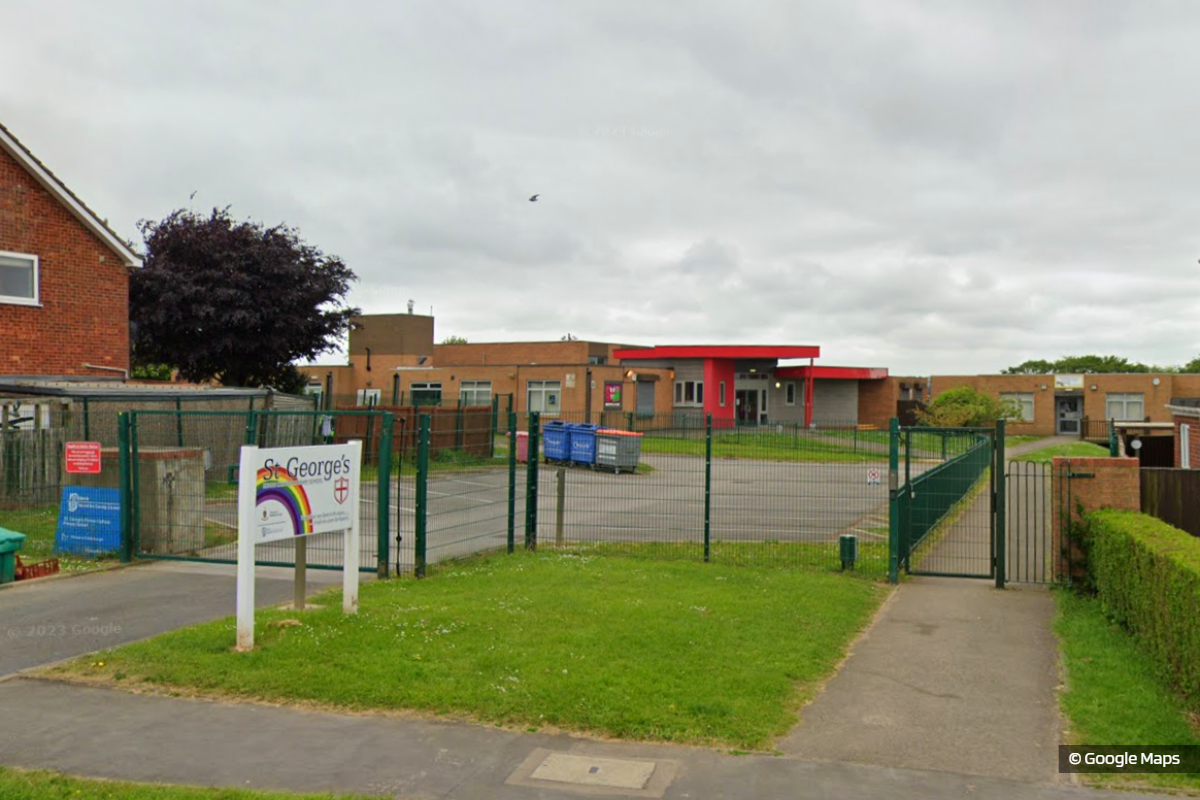 Scarborough School Receives Funding for New School-Based Nursery
Scarborough School Receives Funding for New School-Based Nursery
 RNLI Bridlington Puts Out Mayday Call to Help Raise Vital Funds
RNLI Bridlington Puts Out Mayday Call to Help Raise Vital Funds
 Street Lights Switched Off Along Two East Riding Roads as Part Carbon Cutting Trial
Street Lights Switched Off Along Two East Riding Roads as Part Carbon Cutting Trial
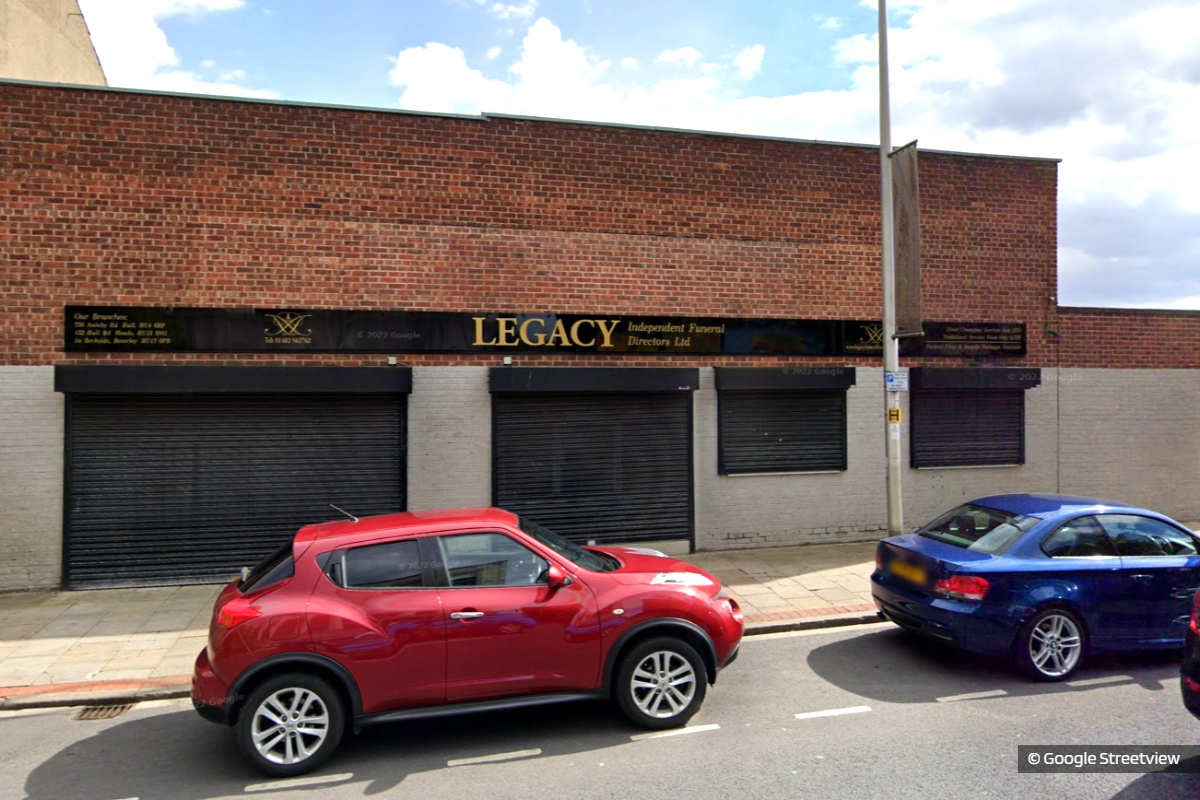 Man Charged in Legacy Independent Funeral Directors Investigation
Man Charged in Legacy Independent Funeral Directors Investigation
 Mayor Says Half Hourly Trains to Scarborough ‘Moving in the Right Direction’
Mayor Says Half Hourly Trains to Scarborough ‘Moving in the Right Direction’
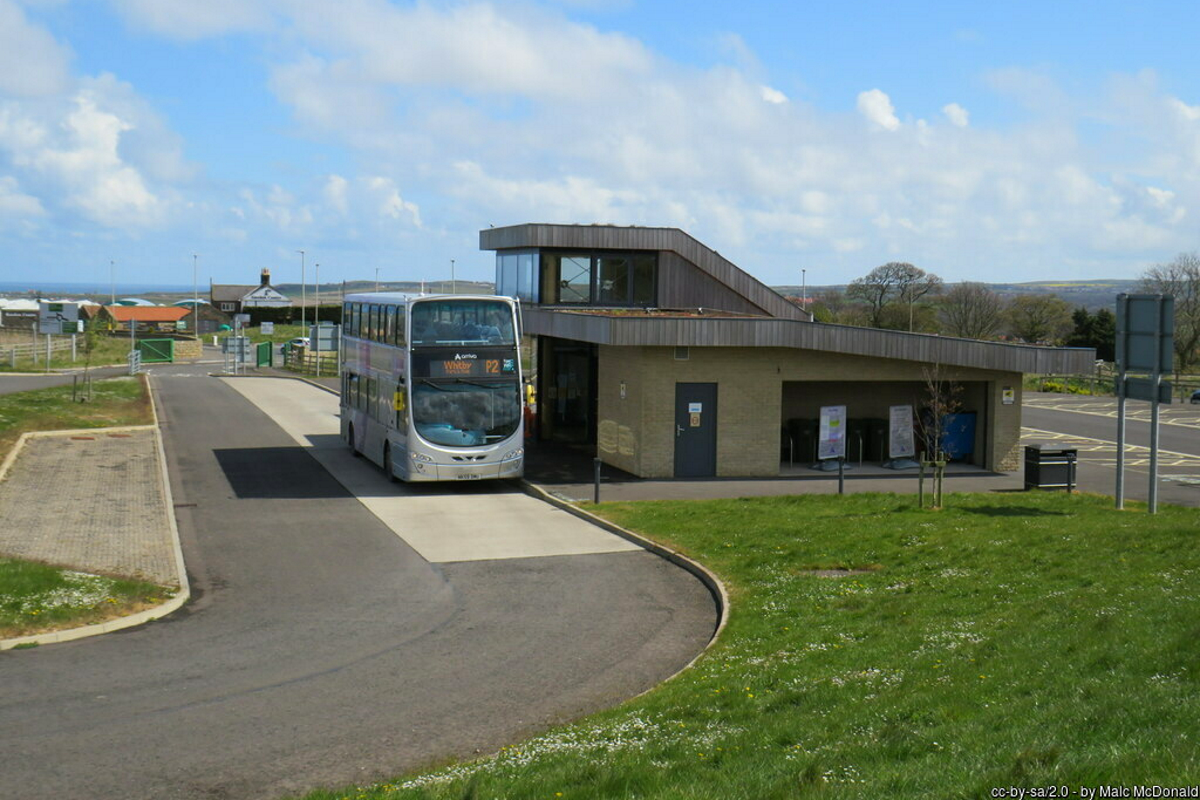 Park and Ride Services in Scarborough and Whitby Set to Reopen This Weekend
Park and Ride Services in Scarborough and Whitby Set to Reopen This Weekend
 Efforts Underway to Tackle High Missed Appointment Rates at Scarborough Hospital
Efforts Underway to Tackle High Missed Appointment Rates at Scarborough Hospital
 MP Welcomes Investments in Scarborough and Whitby
MP Welcomes Investments in Scarborough and Whitby
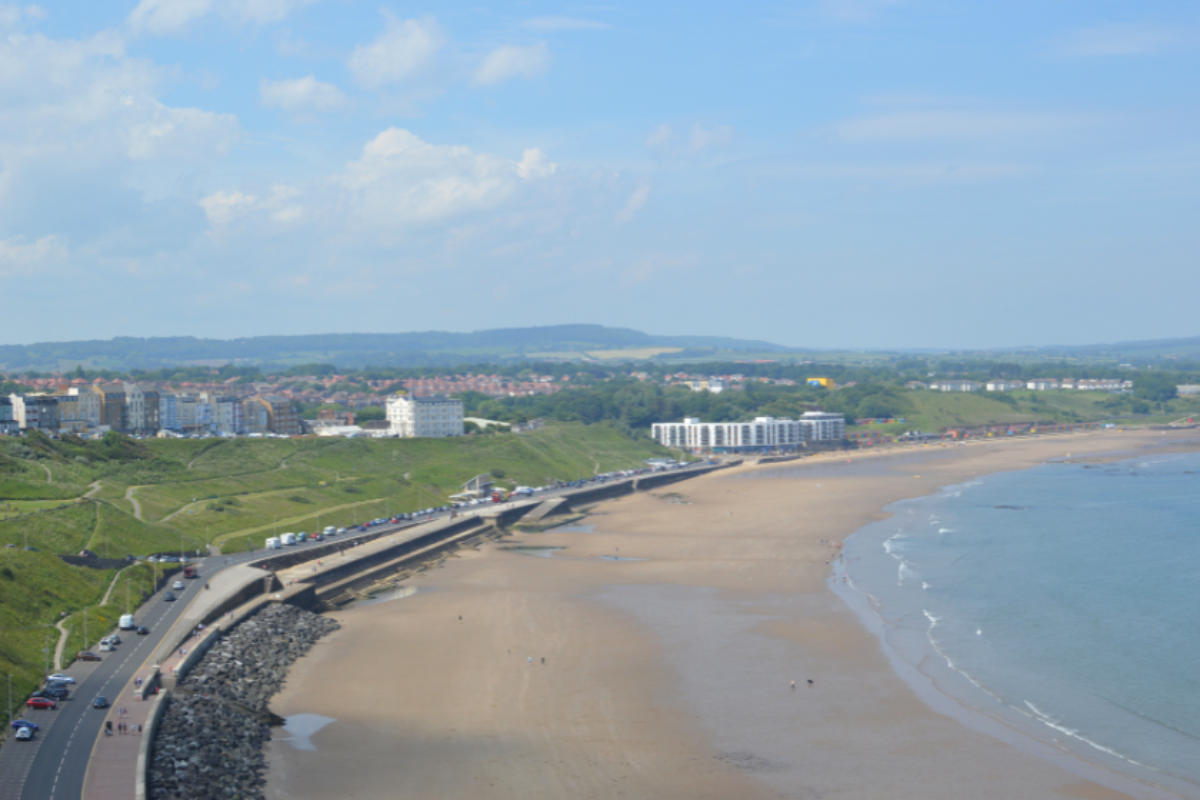 Scarborough to Benefit from New Flood Defence Investments
Scarborough to Benefit from New Flood Defence Investments








Comments
Add a comment